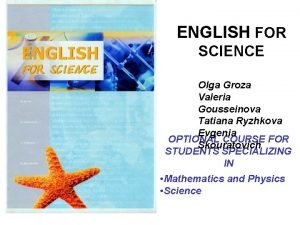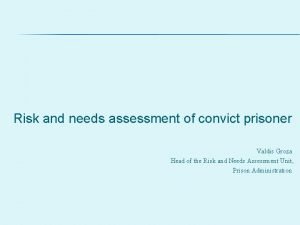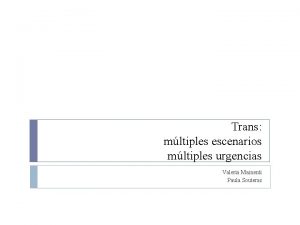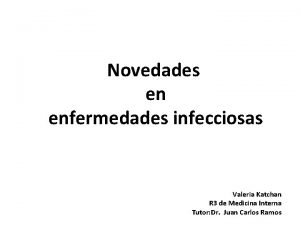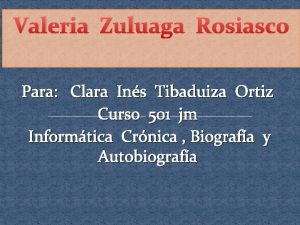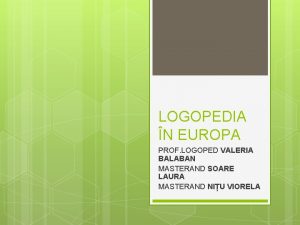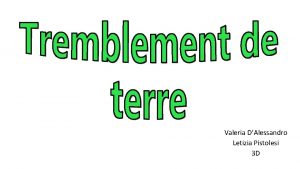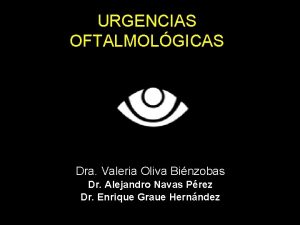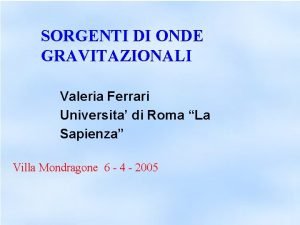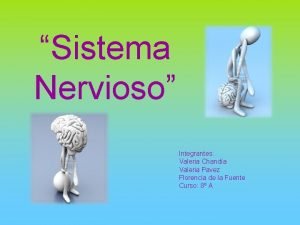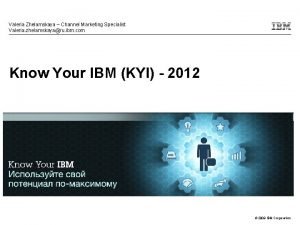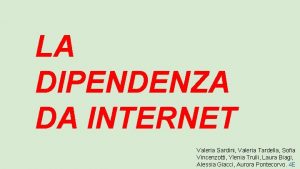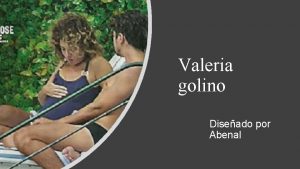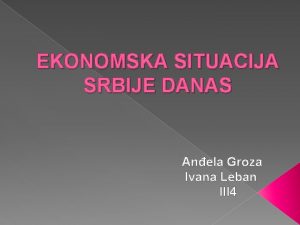ENGLISH FOR SCIENCE Olga Groza Valeria Gousseinova Tatiana









- Slides: 9

ENGLISH FOR SCIENCE Olga Groza Valeria Gousseinova Tatiana Ryzhkova Evgenia OPTIONAL COURSE FOR Skouratovich STUDENTS SPECIALIZING IN • Mathematics and Physics • Science

SCIENTIFIC APPROACH OBSERVATION RESEARCH QUESTION • COMMUNICATIVE COMPETENCE • SCIENTIFIC METHOD HYPOTHESIS EXPERIMENT ENGLISH AS AN OBJECT FOR RESEARCH RESULTS THEORY CONCLUSION NEW HYPOTHESIS

COMMUNICATIVE COMPETENCE SCIENTIFIC METHOD ENGLISH AS AN OBJECT FOR RESEARCH ENGLISH LANGUAGE AS A TOOL FOR RESEARCH AND PROJECT WORK · INTEGRATION OF COMMUNICATIVE SKILLS · DEVELOPING INDEPENDENCE · MASTERING WAYS OF OBTAINING, PROCESSING AND PRESENTING INFORMATION

AIMS AND OBJECTIVES • effective communication in academic situations using appropriate English • communicative skills (emphasis on reading) • awareness of translation as a communicative skill • awareness of the role of Russian in learning a FL • using English as a tool for professional development • general competencies including social skills study skills project skills independent learning skills • understanding the role of science in modern society • providing Ss with information about this professional area • catering for individual Ss’ needs

DEVELOPING COMMUNICATIVE SKILLS: Students will • understand take notes of scientific texts for listening • participate in discussions and presentations • read and understand scientific texts using a variety of strategies • understand the structure and the linguistic features of scientific texts • produce short written scientific texts • translate and interpret scientific texts from English into Russian • learn to make use of reference books, dictionaries and corpora • take responsibility for their own development and learning • get experience of working in diversified groups

SET COMPONENTS • Students’ Book (including Factfile) • Teacher’s Book • Audio Cassette

STUDENTS’ BOOK SIX GENERAL UNITS: 1. 2. 3. 4. 5. 6. Where does science come from? What is science? Where does science live? Learning science Unlocking a giant In the crystal ball TWO PRACTICE UNITS: 7. I can do it! 8. The scientific routine FACT FILE WORD LIST

TEACHER’S BOOK Contains: 1. conceptual methodology guide • basic principles • main approaches 2. detailed lesson plans • lesson objectives • list of skills in focus • language boxes • procedure grids • lesson description • tapescripts • answer key • homework • basic information for the teacher • optional activities • Doesn’t restrict the teacher! • A means to professional development!

AUTHORS: Olga Groza o_groza@mail. ru , 64 -02 -30 Tatiana Ryzhkova ryzhkovatatyana@hotmail. com , 49 -53 -04 Evgenia Skouratovich jane@univers. krasu. ru , 45 -01 -19 Valeria Gousseinova val_guseynova@mail. ru , 90 -77 -75
